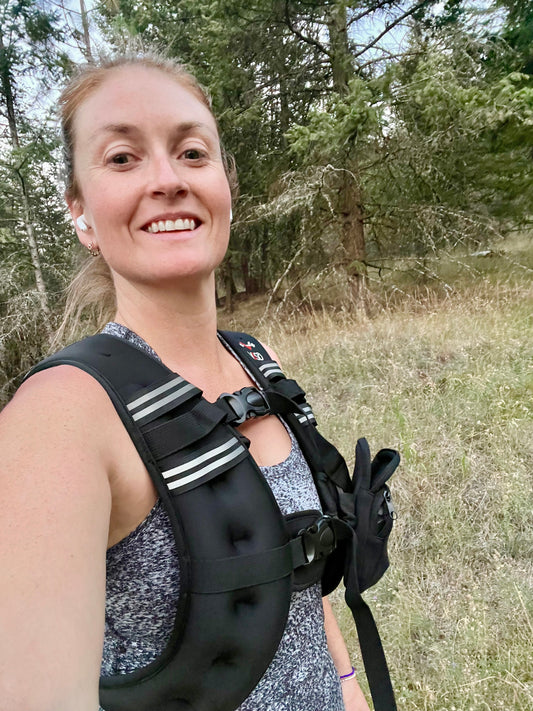Parkinson's disease is a chronic neurodegenerative disorder that affects millions of people worldwide. It is characterized by the progressive deterioration of motor skills, resulting in tremors, rigidity, and impaired balance and coordination. In this blog post, we will explore the causes, symptoms, diagnosis, and treatment options for Parkinson's disease, offering valuable insights to anyone who with the condition, and those supporting individuals with Parkinson’s.
The exact cause of Parkinson's disease remains unknown, but research suggests a combination of genetic and environmental factors contribute to its development. Mutations in certain genes have been linked to familial cases of the disease. Additionally, exposure to pesticides, head injuries, and certain toxins may increase the risk of developing Parkinson's. However, most cases occur sporadically, without a clear genetic or environmental link.
The hallmark symptoms of Parkinson's disease include tremors (shaking), bradykinesia (slowed movements), muscle rigidity, and postural instability. As the disease progresses, patients may experience difficulties with speech, swallowing, and fine motor skills. Non-motor symptoms, such as depression, sleep disturbances, and cognitive impairment, can also manifest in later stages. The progression of Parkinson's disease varies from person to person, with some individuals experiencing a slower decline while others deteriorate more rapidly.
Diagnosing Parkinson's disease can be challenging, as there is no definitive test. Physicians rely on a thorough medical history, physical examination, and assessment of symptoms to make an accurate diagnosis. Imaging techniques, such as MRI or DaTscan, may be used to rule out other conditions. In some cases, a neurologist may prescribe a trial of anti-parkinsonian medications to observe the response and confirm the diagnosis.
Although there is currently no cure for Parkinson's disease, several treatment options are available to manage its symptoms and improve quality of life. Medications, such as levodopa, dopamine agonists, and MAO-B inhibitors, can help alleviate motor symptoms. Physical therapy, occupational therapy, and speech therapy can aid in maintaining mobility and managing speech difficulties. In advanced cases, deep brain stimulation surgery may be considered. Additionally, ongoing research aims to develop disease-modifying therapies and neuroprotective strategies to slow down the progression of Parkinson's.
Living with Parkinson's disease requires a holistic approach. Patients benefit from a strong support system, including family, friends, and support groups. Lifestyle modifications, such as regular exercise, a balanced diet, and stress management, can play a crucial role in managing symptoms and promoting overall well-being. It is important for individuals with Parkinson's to stay informed, communicate openly with healthcare providers, and engage in activities that enhance mental and emotional health.
Parkinson's disease is a complex condition that affects individuals in unique ways. If you are looking for support managing the physical effects of Parkinson’s, email us at hello@thebalancedcollective.com to learn more about how our Physiotherapy Led Active Rehab services can help manage Parkinson’s.
If you are looking for online, on-demand movement classes, our expert movement coaches on Stream TBC have resources to support you!








